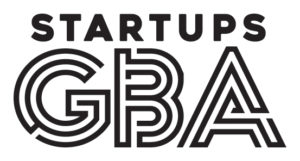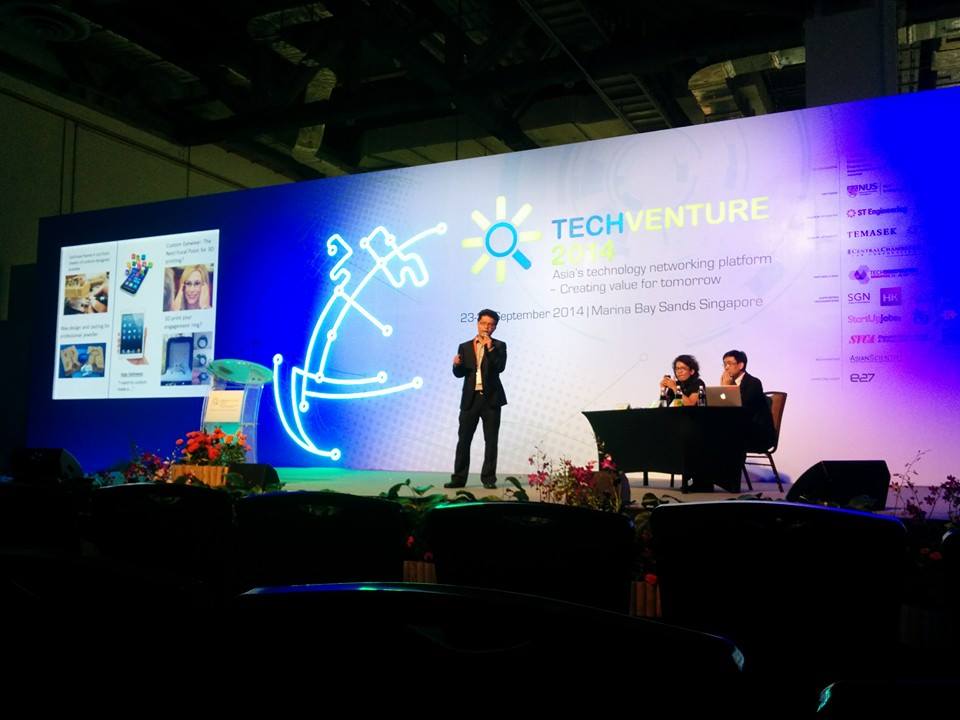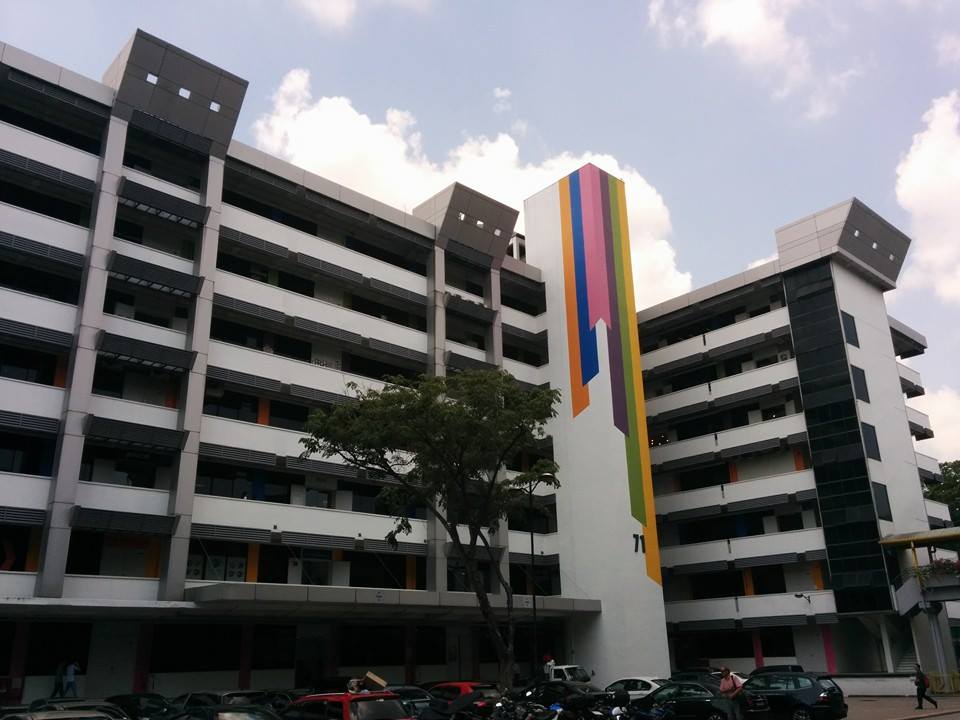
Singapore’s Techventure 2014 has come and gone, with 100+ exhibiting tech startups and 700 visiting conference attendees from Hong Kong, Korea, Taiwan, Switzerland, Malaysia and the US. Notable talks featured YouTube co-founder Steve Chen who chatted about his startup story, and Evernote CEO Phil Libin who shared his ‘lessons for Southeast Asian startups’ drawn from building Evernote.
The two-day conference featured over eight pitching events including the ‘Techventure Connect 180’ which facilitates investor-startup matchmaking via the official conference app and the ‘Business Pitch Competition,’ where startups went head-to-head for a US $40,000 grand prize.
As Hong Kong and Singapore are often pitted against each other in ecosystem comparisons, here are two ways our tech startups could benefit and borrow from Techventure 2014.
1) ‘Pitch Clinic’ – Teaching Founders How to Pitch Effectively
Not your typical pitch competition, the ‘Pitch Clinic’ had Khailee Ng (managing partner, 500 Startups) and Meng Wong (co-founder, JFDI Asia) help startups perfect their “ailing” presentations. After a three minute pitch, the ‘judging panel’ reverses the process by pitching back to them with extensive critique and a bit of tough love.
Here are three takeaways from the ‘Pitch Clinic:’
- Lead with traction first. Are you at the Series B level? Do you have millions of users? This is the best way to get the investor’s attention quickly.
- Put the pitch in a consumer perspective and humanizing way. Don’t just deliver the mission – the audience isn’t going to remember what you sell, but how you made them feel.
- There’s no need to mention market size, if it’s out of context. But talking about all the distribution partners you have on board is good – shows the viability of the business.
How can it apply to Hong Kong?
As Hong Kong’s ecosystem is still young, with the majority of startups still at the seed level, learning how to pitch is an essential skill for founders. A regular ‘Pitch Clinic’ event where there is no cash prize at stake could be a great way to help groom Hong Kong startups for the real world of fundraising.
2) ‘Blk-71 Tour’ – Consolidating a Startup Ecosystem
As a pre-conference activity, Techventure brought attendees to Singapore’s west end to tour Blk-71 (pronounced “Block 71”). A seven-storey industrial building from the 70’s, Blk-71 was rescued from demolishment by NUS Enterprise and is now home to over 250 startups.
The community also includes 30+ investors, co-working spaces incubators, and accelerators, boasts a vibrant developer community and hosts startup events on a daily basis. Approximately over one-third of high-tech and high-growth startups call Blk-71 their home and tenants include the likes of accelerator JFDI Asia, co-working space Silicon Straits, tech blog e27 and hardware incubator Small World Group (originally from Silicon Valley). Due to surge in growth, the three-year-old Blk-71 has already all but reached capacity – but the future expansion plans will include two new “blocks” (73 and 79) as well as a recreation centre and beer garden.
How can it apply to Hong Kong?
While Hong Kong’s ecosystem has grown quickly, with new accelerator programs and more co-working spaces you can count, they are quite fragmented location-wise. Imagine the collaborative benefits to having everything in one place? As Hong Kong’s soaring rents and small spaces remain a mounting issue – the model of “building up instead of out” fits our city-state to a tee.
More photos from Blk-71:

(View of Blk-79 – a part of the tech hub’s expansion plans)

(Inside ‘Small World,’ a Silicon Valley hardware incubator)

(“Silicon Straits,’ a co-working space and community for tech startups / investors)




